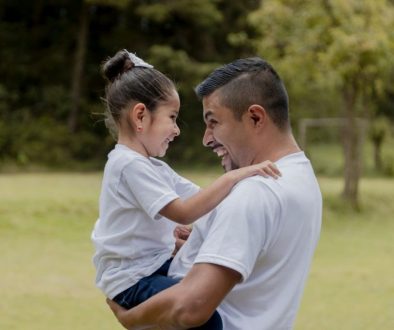Family History of Breast Cancer? Check Your Bumps for Lumps
Do you know someone who has had, or currently has breast cancer? It would be surprising if you answered ‘No’ to this question, as it touches the lives of so many. Breast cancer is a significant health concern in the Philippines, with a cancer expert recently claiming that the disease is bordering on pandemic proportions.
The most common in the world, breast cancer is the most prevalent cancer among Filipino women. According to the Philippine Cancer Society, breast cancer comprises 16% of all newly diagnosed cancers in the Philippines. 2020 data from the World Health Organisation said there were 86,484 cases of cancer in the Philippines, of which, 27,163 were breast cancers. Sadly, breast cancer is a leading cause of cancer-related deaths in Filipino women, and accounts for approximately 10% of cancer-related deaths in the country. Most commonly occurring in women over the age of 40, breast cancer doesn’t discriminate, and can also affect younger people. Dr. Perry Wilson, associate professor of medicine and Yale research director, writes about this in his article in Medscape. He discusses the benefit of genetic testing in younger patients, and how far genetic testing has advanced, making it a viable and affordable option for all.
There are a number of risk factors which contribute to the development of breast cancer in the Philippines, including family history of breast cancer, genetic mutations (such as BRCA1 and BRCA2), hormonal factors, obesity, a sedentary lifestyle, alcohol consumption, and certain reproductive factors.
Regarding genetic mutations, BRCA1 and BRCA2 are two genes that play a crucial role in the development of breast and ovarian cancer. Mutations in these genes are associated with a significantly increased risk of developing these types of cancer.
So, what exactly are these genes? The BRCA1 and BRCA2 genes are involved in DNA repair and maintaining the stability of the cell’s genetic material. They help prevent uncontrolled cell growth and the formation of tumours. BRCA1 and BRCA2 mutations can be inherited from either parent. If an individual inherits a mutation in one of these genes, they have an increased risk of developing breast, ovarian, and certain other types of cancer during their lifetime. Sadly, BRCA1 and BRCA2 mutations are also linked to an increased risk of other types of cancer, including pancreatic, prostate, and male breast cancer, however it’s important to note that while BRCA1 and BRCA2 mutations are strongly associated with an increased risk of breast and ovarian cancer, not all individuals with these mutations will develop cancer.
For those wanting to further explore and confirm whether they carry certain hereditary gene mutations that may be responsible for certain cancers, the Specialised Inherited Male & Female Cancer Panel is available from EasyDNA Philippines. This clinical test looks for a total of 79 Genes for the male panel and 74 Genes for the female panel. The Inherited Cancer Panel can serve as a powerful tool for early intervention and can assist in preparing you to take the steps necessary to reduce your changes of developing certain cancers, including breast cancer. This test can identify mutations in the BRCA1 and BRCA2 genes and can help determine the risk of developing cancer and inform decisions about screening, prevention, and treatment options.
For Filipinos concerned about the likelihood of developing cancer of any type, EasyDNA is a great starting point for genetic screening tests. Let’s band together to stop being cancer statistics!




